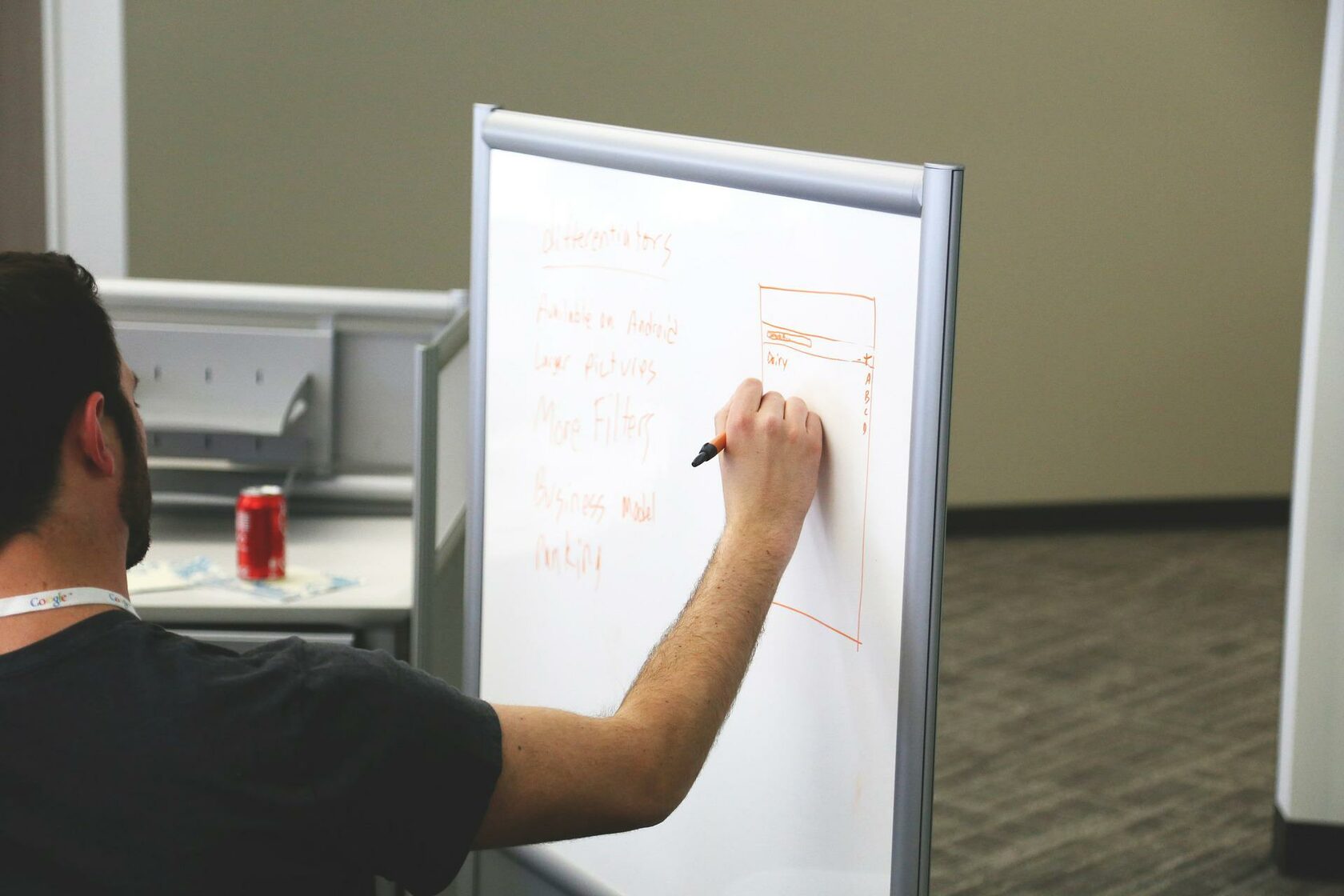Super productive people are no different from anyone else, except that they value their time and know-how to use it. Sometimes trivial and simple things can help save a lot of resources and significantly improve work efficiency.
When it comes to productivity, we all face the same problem – there are only 24 hours in a day.
However, sometimes you feel that some people have twice as much time: they have some supernatural ability to keep up with everything. Therefore, even if they run several projects, they achieve their goals and avoid failure.
We all want to get more out of life. There’s hardly a better way to achieve that goal than to find a way to manage the time we have available.
When you leave the office after a productive day, it’s a very satisfying experience. A so-called “work euphoria.”
You don’t have to work longer hours or stimulate yourself more. But, you have to work smarter.
Super productive people know this. So they rely on productivity hacks that make them many times more efficient. They squeeze every second out of every hour without wasting time on unnecessary things.
The great thing about these hacks is that they’re easy to use. So much so that you can start doing it today.
Please read them, use them, and see your productivity go up.
1. Don’t start things twice
Productive people never procrastinate because starting a task twice is a waste of time. Don’t put off an email or a phone call. Either do it, delegate it, or delete it as soon as something gets your attention.
2. Prepare for tomorrow before you leave the office
Productive people end each day by preparing for the next. This practice solves two problems: it helps you structure what you’ve done today and ensures you’re productive tomorrow. It only takes a couple of minutes, but it’s a great way to end the workday.
3. Eat a frog
“Eat a frog” is an American phraseology that means “to do something deeply unpleasant.” “Eating a frog” is the best cure for procrastination, and super productive people start them every morning with it. In other words, they do the most unpleasant and uninteresting tasks before all the others. Then, they get down to the things that inspire them.
4. Fight the “tyranny of the urgent”
“Tyranny of the urgent” is when small tasks that need to be done now take time away from what matters. This creates a big problem because urgent actions usually have minimal effect.
5. Keep appointments on schedule
Meetings are the most significant time killers. Super productive people know that a meeting can go on forever if they don’t set a strict time limit, so they inform participants of the schedule. Time constraints keep everyone relaxed and make them more efficient and focused.
6. Say “no”
“No” is a powerful word that super-productive people aren’t afraid to use. When you have to say “no,” they don’t use phrases like “I don’t think I can,” “I’m not sure,” and the like. When you say “no” to a new commitment, you show respect for the promises you’ve already made and get to honor them successfully.
7. Check email only at designated times
Super productive people don’t let emails constantly distract them. They only check email at specific times, but they use features that allow them to sort emails by sender. Then, they set up notifications for emails from the most critical vendors or users. Then, they put off the rest until a specific time.
8. Don’t do more than one thing at a time
Super-productive people know that multitasking is a productivity killer. However, Stanford research has confirmed that multitasking is less effective than working on one task at a time.
But what if there are people with innate multitasking abilities? Stanford scientists compared groups of people based on their predisposition to multitasking and their belief that it was good for their productivity. They found that hard-core multitaskers – those who do many things at once and feel it improves their performance – were worse than those who prefer to do one thing at a time. Constant multitaskers performed worse because they had problems organizing their thoughts and filtering out unnecessary information. In addition, they were slower to switch from one task to another. Oops


